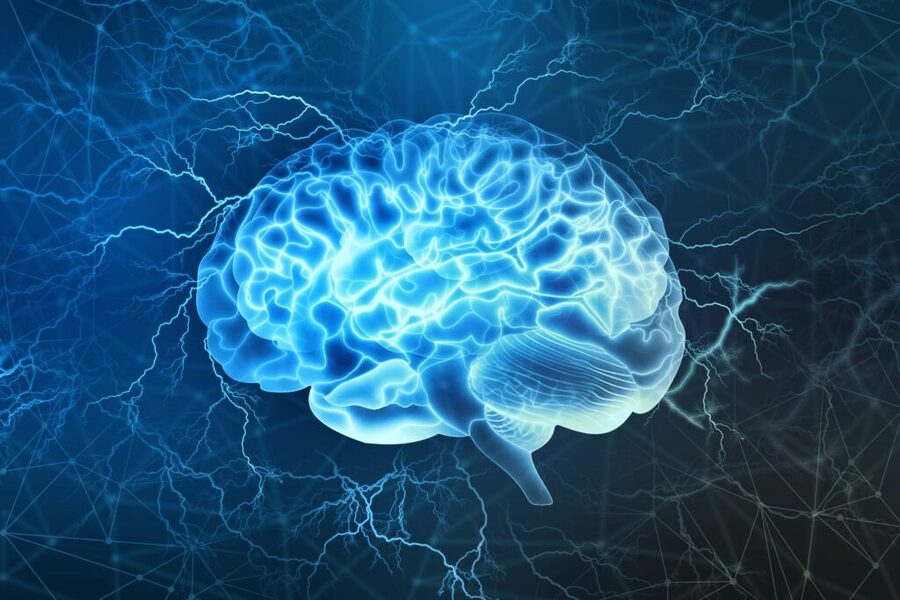Alzheimer’s is a progressive brain disorder that affects millions of people worldwide, especially older adults. It is the most common form of dementia, causing memory loss, cognitive decline, and changes in behavior. Here, we will look at the causes, signs, and potentially promising therapy options for Alzheimer’s disease through this blog:
Cause of Alzheimer’s:
The exact cause of Alzheimer’s disease is still not fully discovered but researchers have identified several factors that may contribute to its development. One of the main reasons is the accumulation of protein fragments in the brain, called beta-amyloid plaques and tau tangles. These abnormal clumps disrupt communication between brain cells and lead to their death. Alzheimer’s disease also has a significant genetic component. People with family history of this disease are more likely to develop it themselves.
Symptoms of Alzheimer’s:
The symptoms of Alzheimer’s disease vary based on the stage of condition and person to person as well. The earliest signs often involve memory loss and difficulty in retaining new information. As the disease advances, the individual may experience challenges in problem-solving, language skills, and judgment. They may also exhibit changes in mood, personality and behavior. Occasional memory lapses are a normal part of aging and do not necessary indicate Alzheimer’s. You will found a gradual decline in coordination, memory, language, handling complex tasks, behavior, mood and others.
Promising treatment approaches:
While there is currently no cure for this disease but several treatment approaches show the ability to manage the symptoms and slowing down the progression of the disease. These include:
Lifestyle changes: Adopting a healthy lifestyle can have a positive impact on managing the symptoms of this disease. Regular exercise, a balanced diet rich in fruits and vegetables and omega-3 fatty acids along with maintaining social connections can all contribute to overall brain health.
Medications: There are several medications available that can help temporarily improve memory and cognitive function in some individuals with Alzheimer’s. These drugs work by regulating certain chemicals involved in brain cell communication.
Supportive therapies: Occupational therapies, Speech therapies and music therapies can help individuals with Alzheimer’s maintain their independence and improve their quality of life. These therapies focus on enhancing daily living skills, communication abilities and emotional well-being.
Cognitive stimulation: Engaging in mentally stimulating activities such as puzzles, reading, or learning new skills may help maintain mental function and slow down cognitive decline.
Alzheimer’s disease is a complex disorder that affects millions of people globally. Although this medical condition does not have a cure while ongoing research is shedding light on its causes and potential treatment options. If you or someone you know is experiencing memory problems or cognitive decline, it is important to seek medical advice for proper diagnosis and you can also reach out to medical professional for health care policies and insurances. Together we can work towards a better understanding of Alzheimer’s and improves the life of those who are affected by this challenging disease.



